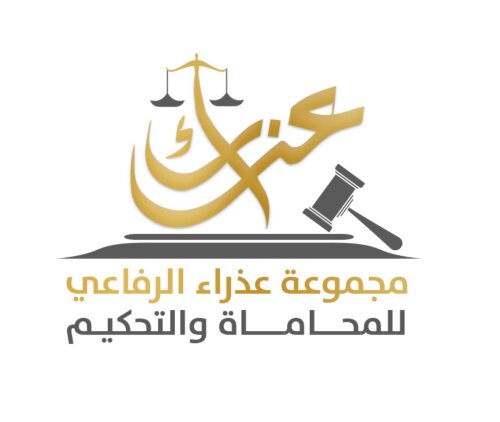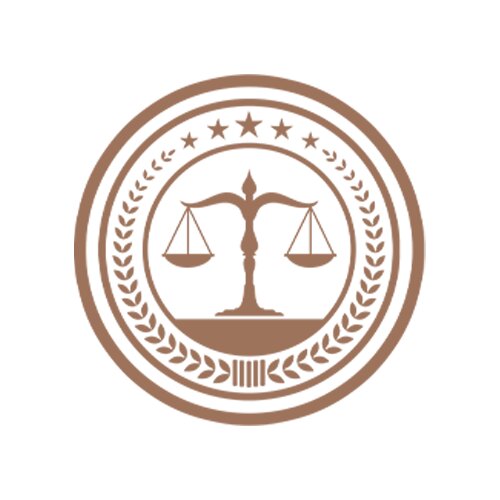Best Adoption Lawyers in Kuwait City
Share your needs with us, get contacted by law firms.
Free. Takes 2 min.
Free Guide to Hiring a Family Lawyer
List of the best lawyers in Kuwait City, Kuwait
About Adoption Law in Kuwait City, Kuwait:
Adoption in Kuwait City, Kuwait, is governed by Islamic Sharia Law, which places a strong emphasis on the importance of maintaining bloodlines and family ties. Adoption, as it is traditionally understood in Western cultures, is not permitted in Kuwait. Instead, the country practices a legal guardianship system known as Kafala, where individuals can assume guardianship of a child without severing the child's ties with their biological family.
Why You May Need a Lawyer:
You may need a lawyer to help navigate the complex legal process of Kafala in Kuwait. A lawyer can assist you in understanding your rights and responsibilities as a guardian, as well as help you ensure that the adoption process is completed in accordance with local laws.
Local Laws Overview:
Key aspects of local laws related to adoption in Kuwait City include the requirement for prospective guardians to be Muslim, the need for consent from the child's biological parents or legal guardian, and the involvement of the Kuwaiti authorities in the approval and monitoring of the adoption process.
Frequently Asked Questions:
1. Can non-Muslims adopt children in Kuwait?
Non-Muslims are not permitted to adopt children in Kuwait. However, they may be able to become legal guardians through the Kafala system.
2. What are the requirements for becoming a guardian in Kuwait?
Prospective guardians must be Muslim, over the age of 21, financially stable, and able to provide a stable and loving home for the child.
3. How long does the adoption process take in Kuwait?
The adoption process in Kuwait can vary in length, depending on the circumstances of the case. It typically involves an assessment of the guardian's suitability, as well as approval from the relevant authorities.
4. Do biological parents have any rights in the adoption process?
Biological parents have the right to consent to the adoption and may be involved in the process to some extent.
5. Can single individuals adopt in Kuwait?
Single individuals may be able to become guardians through the Kafala system, but the process can be more complex for single individuals compared to married couples.
6. Are there any age restrictions for guardians in Kuwait?
Prospective guardians must be over the age of 21 to be eligible to become guardians in Kuwait.
7. What rights do guardians have under Kuwaiti law?
Guardians in Kuwait have legal responsibilities for the child's care, upbringing, and well-being. They may make decisions on behalf of the child, such as education, healthcare, and religious upbringing.
8. Can guardianship be revoked in Kuwait?
Guardianship can be revoked in Kuwait under certain circumstances, such as neglect or abuse of the child, or if the guardian is found to be unfit to care for the child.
9. What is the role of the Kuwaiti authorities in the adoption process?
The Kuwaiti authorities play a significant role in overseeing and approving the adoption process to ensure that it complies with local laws and regulations.
10. How can I seek legal assistance for adoption in Kuwait?
If you require legal assistance for adoption in Kuwait, it is advisable to consult with a lawyer who is experienced in family law and familiar with the local laws and procedures related to adoption.
Additional Resources:
For additional resources and information on adoption in Kuwait, you may consider contacting the Ministry of Social Affairs and Labor or local organizations that provide support and guidance for individuals seeking legal advice on adoption.
Next Steps:
If you are considering adoption in Kuwait and need legal assistance, it is recommended to schedule a consultation with a qualified lawyer who can guide you through the process and ensure that your rights and the child's best interests are protected.
Lawzana helps you find the best lawyers and law firms in Kuwait City through a curated and pre-screened list of qualified legal professionals. Our platform offers rankings and detailed profiles of attorneys and law firms, allowing you to compare based on practice areas, including Adoption, experience, and client feedback.
Each profile includes a description of the firm's areas of practice, client reviews, team members and partners, year of establishment, spoken languages, office locations, contact information, social media presence, and any published articles or resources. Most firms on our platform speak English and are experienced in both local and international legal matters.
Get a quote from top-rated law firms in Kuwait City, Kuwait — quickly, securely, and without unnecessary hassle.
Disclaimer:
The information provided on this page is for general informational purposes only and does not constitute legal advice. While we strive to ensure the accuracy and relevance of the content, legal information may change over time, and interpretations of the law can vary. You should always consult with a qualified legal professional for advice specific to your situation.
We disclaim all liability for actions taken or not taken based on the content of this page. If you believe any information is incorrect or outdated, please contact us, and we will review and update it where appropriate.














